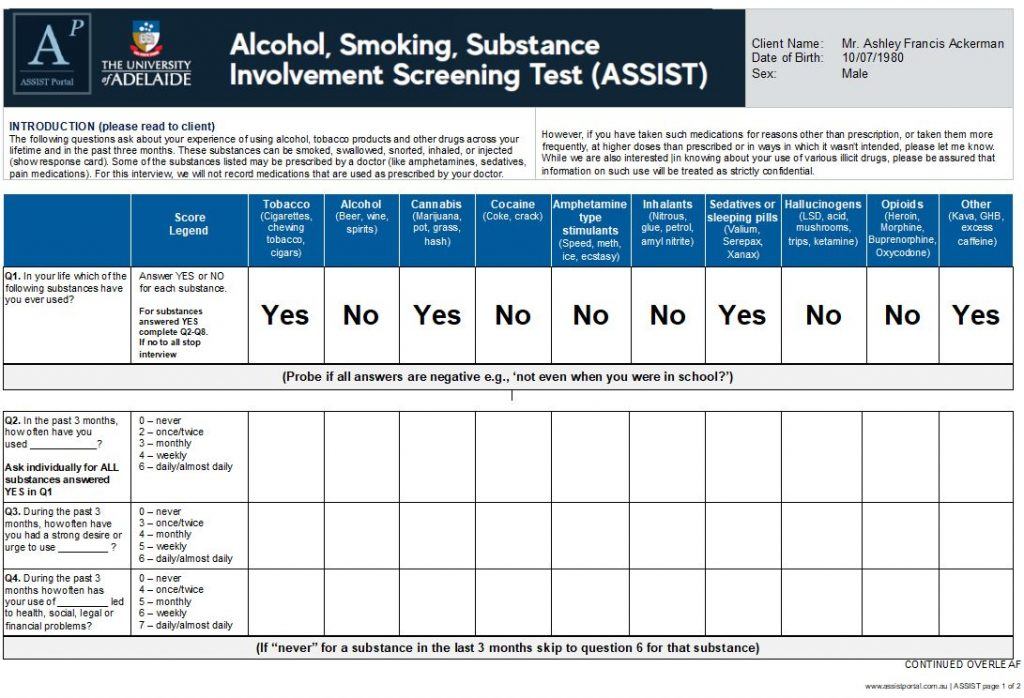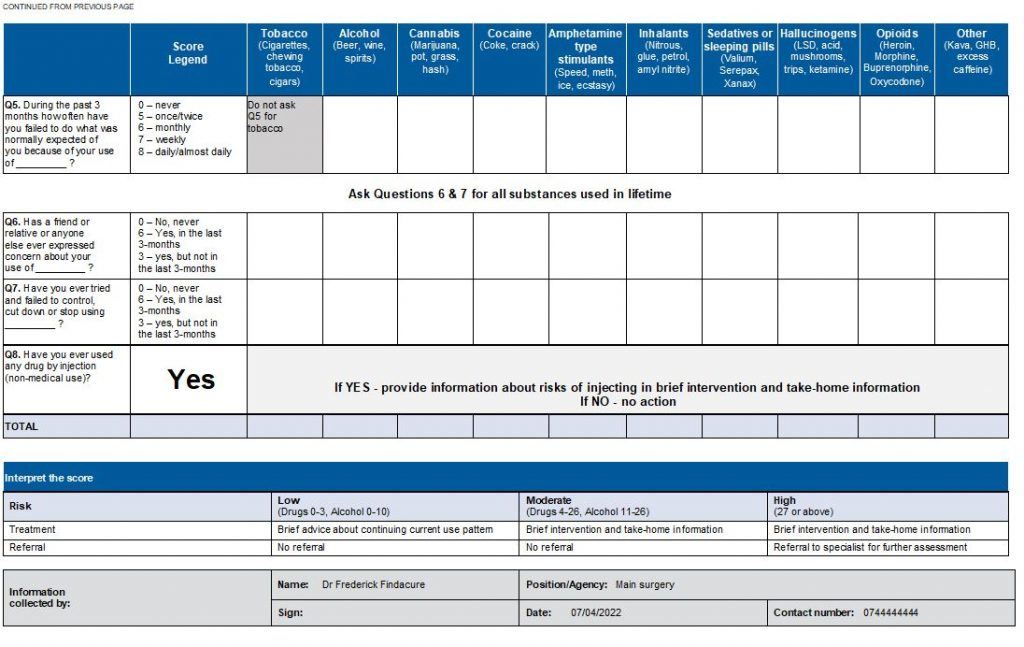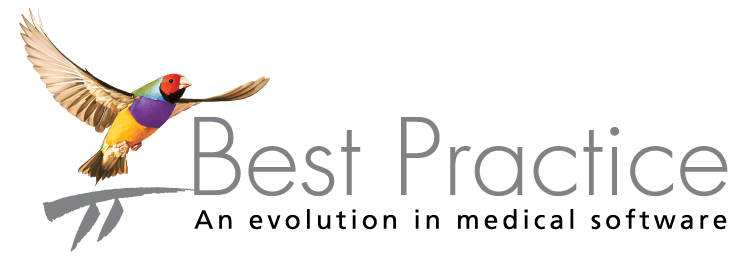The ASSIST is a World Health Organisation endorsed screening and brief intervention framework, designed to help clinicians identify and respond to substance use disorders. ASSIST screens for all drugs, legal and illegal, and stratifies risk for each substance into low, moderate and high levels.

ASSIST has several advantages over other screening tools. First, ASSIST covers all drugs, including legal drugs like alcohol or tobacco, and illegal drugs like cannabis, methamphetamine or opioids (and more). Importantly, ASSIST is also able to identify use of non-medical use of prescription drugs. The benefit therefore, over other screening tools, is that ASSIST can also capture polydrug use which is an increasingly common occurrence in primary health settings.
How Does ASSIST Connect to Primary Health?
By providing primary healthcare clinicians with the tools to manage low to moderate risk substance use disorders in-clinic, the ASSIST also has the capacity to reduce the burden of unnecessary referrals to specialist alcohol and other drug (AOD) services. The ASSIST triages risk for the patient into low, moderate or high risk for each substance, and connects that stratification to an appropriate intervention. For low and moderate risk clients, a purpose-built brief intervention is appropriate.
Therefore, these patients can and should be managed by the primary health clinician rather than being referred to specialist services.

For high-risk cases however, an ASSIST score can also be used as the basis of a referral to specialist AOD service for further assessment or treatment. Only those at high-risk are candidates (those who score 27+ on a given drug) to be referred to specialist AOD services for assessment and treatment if required.
We have therefore actively encouraged the primary healthcare sector to use the ASSIST to identify those who are at high risk of dependence, and respond by sending only those individuals for further specialist AOD assessment.
Currently, some specialist AOD services require an ASSIST assessment as part of the referral process. Having an awareness of the ASSIST and how it connects primary and specialist AOD services will be an important feature of the prevention of substance use disorders moving forward.
A new ASSIST word processing template is now available for use within Bp Premier.
The ASSIST program was developed by Associate Professor Robert Ali (MBBS, FAChAM, FAFPHM) and Dr Matthew Stevens (PhD) from the University of Adelaide.
The full summary of the ASSIST program is available to read here.
Explore our range of news and training resources:
Bp Learning Video Library | Bp Learning Training Options | Bp Newsroom Blog
Subscribe to Our Newsletters | Bp Learning Webinars

